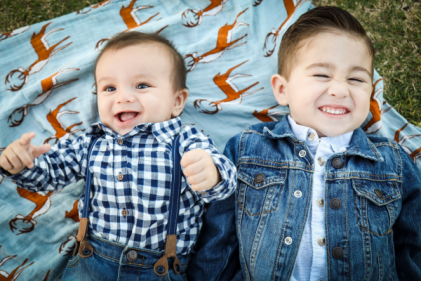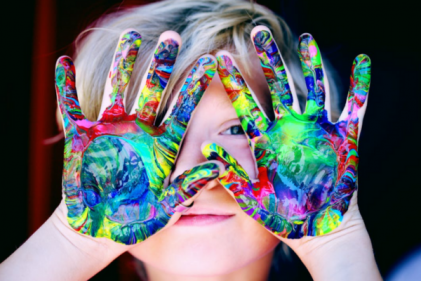You must understand that babies will only walk when they are ready. Even though you are really tired of carrying your baby around, rushing them along to try and get them to walk before they are ready, you could damage their self confidence when they sense your disapproval or disappointment. This could even slow him or her down. When your child starts walking depends entirely on his or her co-ordination and muscle development.
You must also remember that there is really no hard and fast rule as to when a child should start walking. Most babies will pull themselves up and cruise around furniture before they turn a year old, and many start walking from the age of 12 months. On the other hand, there are many children who do not feel ready to take that first step until way after they turn two.
Even when your child does start walking, there is a good chance that you will still have to carry them around for a few months, so it would be a good idea to have a baby carrier handy, or a plain umbrella pram to lighten your load a little.
When your baby does begin to walk, for the first few months it will mainly be a mode for them to get to and from you.
You must also remember that there is really no hard and fast rule as to when a child should start walking. Most babies will pull themselves up and cruise around furniture before they turn a year old, and many start walking from the age of 12 months. On the other hand, there are many children who do not feel ready to take that first step until way after they turn two.
Even when your child does start walking, there is a good chance that you will still have to carry them around for a few months, so it would be a good idea to have a baby carrier handy, or a plain umbrella pram to lighten your load a little.
When your baby does begin to walk, for the first few months it will mainly be a mode for them to get to and from you.












